“My 2019 resolution is to say things on air that I say off air…” – the famous last words of Pete Hegseth last year, just before he revealed a secret that set the internet alight.
At the time, Hegseth was best known as a presenter who had a sprinkling of controversial views. Then he said: “I don’t think I’ve washed my hands for 10 years.” Cue a collective wrinkling of noses, and a frenzy of articles about what might be on your hands after a decade.
Disconcertingly, Hegseth is in good company; in 2015 the actress Jennifer Lawrence dropped the bombshell that she almost never washes her hands after going to the bathroom. (They both later said they had been joking). That same year, the Republican Senator for North Carolina suggested that requiring restaurant employees to wash their hands was a classic example of over-regulation.
While 10 years is hopefully some kind of record, observant bathroom-users everywhere will already have noticed that non-hand-washers are alarmingly widespread. One study estimated that in 2015, just 26.2% of global bathroom visits with potential “faecal contact” were followed by hand washing with soap.
“It sounds like such a simple behaviour,” says Robert Aunger, an expert in evolutionary public health at the London School of Hygiene and Tropical Medicine. “But, you know, we’ve been working on it [getting people to wash their hands more] for 25 years and it’s still very low.”
You might also like:
- Why smart people believe coronavirus myths
- How to maintain relationships in self-isolation
- Why Covid-19 is different for men and women
Of course, this can partly be explained by the lack of adequate facilities and soap in poorer parts of the world. In the least developed countries, only 27% of the population has access to these things (The World Health Organization and UNICEF estimate that around three billion people don’t have either at home). But even in many high-income nations, where both are abundant, only 50% of people actually use them after going to the toilet – surely enough for us to consider making ankle greetings permanent.
These statistics are particularly jarring, when you consider that washing your hands is thought to be one of the most life-saving inventions in the history of humankind – contributing to an average lifespan which now hovers around 80 years in countries like the UK, rather than 40 or so as was the case in 1850, when hand washing was first popularised.
As if we needed any further incentives, this simple hygiene habit also provides the attractive possibility of eluding superbugs and pandemics. A 2006 review found that regularly washing your hands can cut your risk of respiratory infections by between 6 and 44%. Since the Covid-19 pandemic emerged, scientists have found that a country’s handwashing culture is a “very good” predictor of the degree of its spread.
(The virus is mostly thought to infect people through particles suspended in the air, but it can also enter the body after a person touches contaminated objects and then their face. (Read more about why we can’t stop touching our faces.))
Why are some of us such enthusiastic hand-cleaners that we will pay £360 for hand sanitiser during a shortage, while others stubbornly refuse to simply pick up the soap? And if mysterious new viruses and horror stories about faeces on hotel TV remotes can’t coax people into changing their habits, what will?


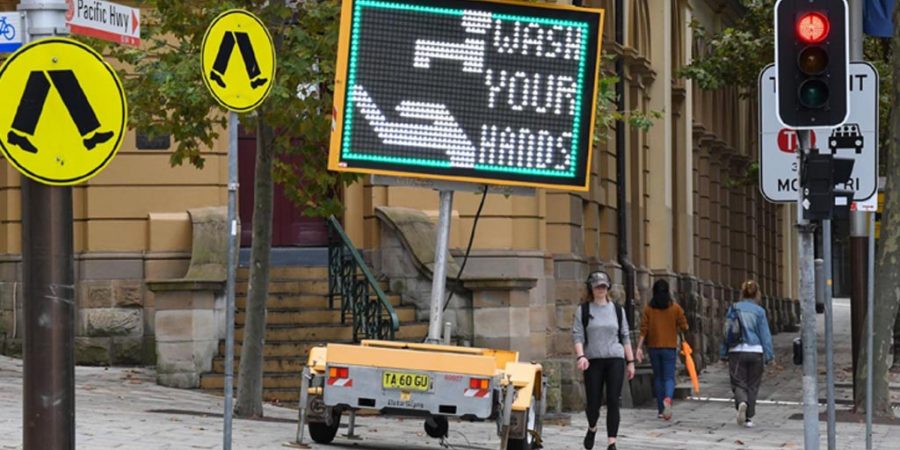
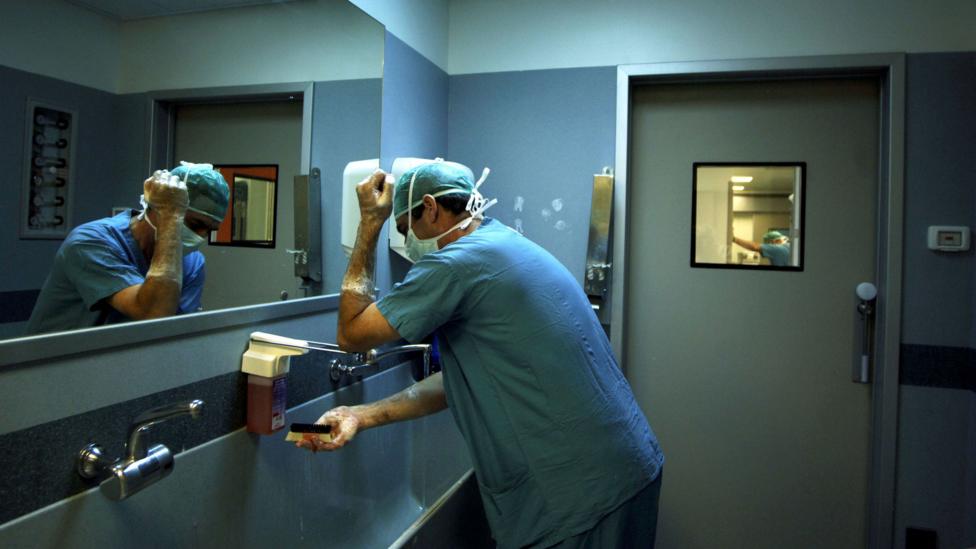
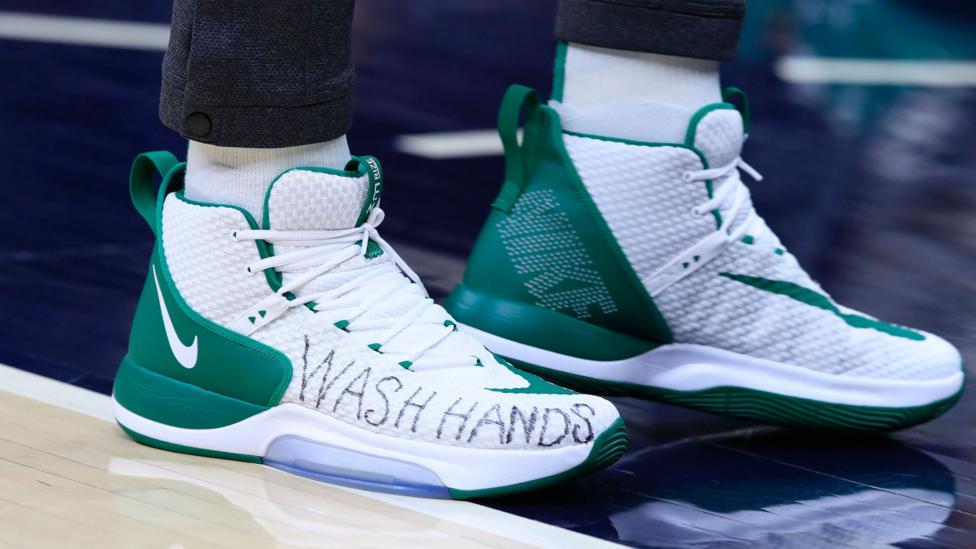
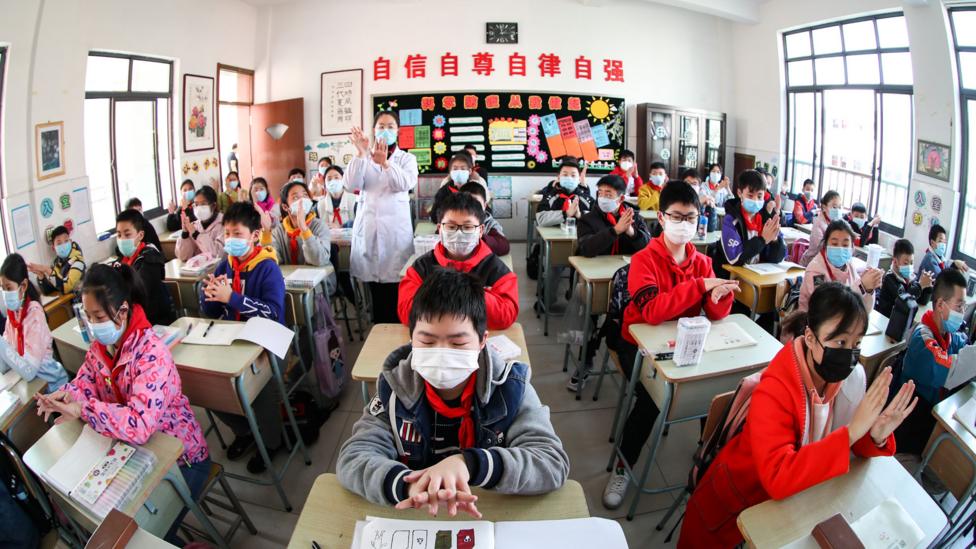
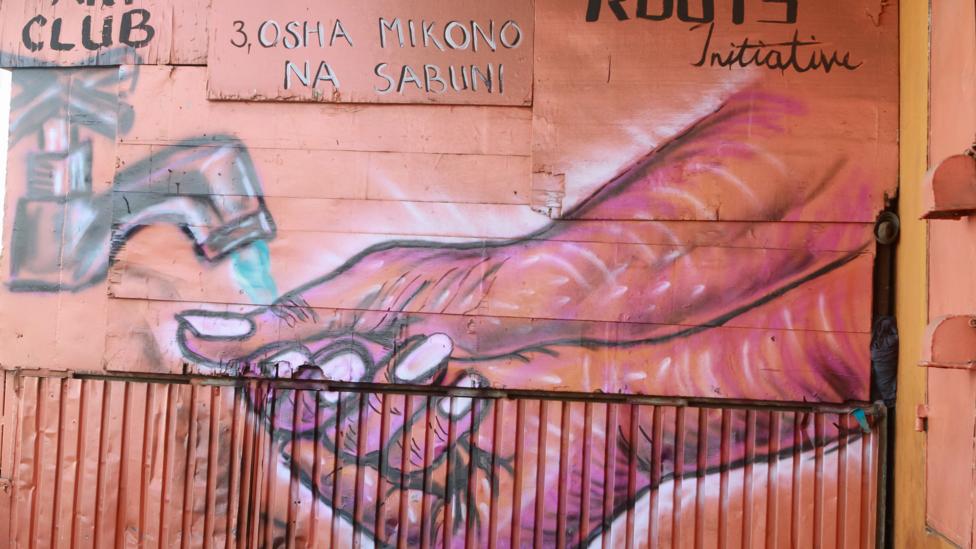


Comments are Closed